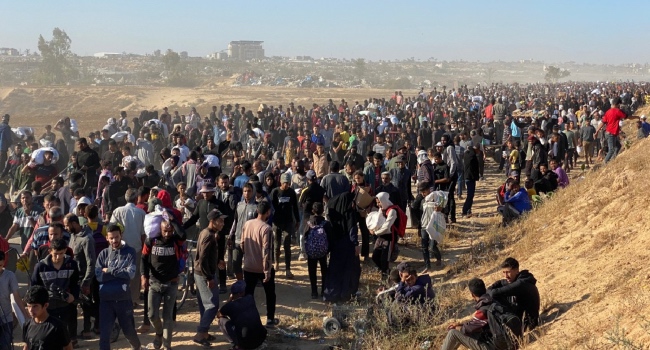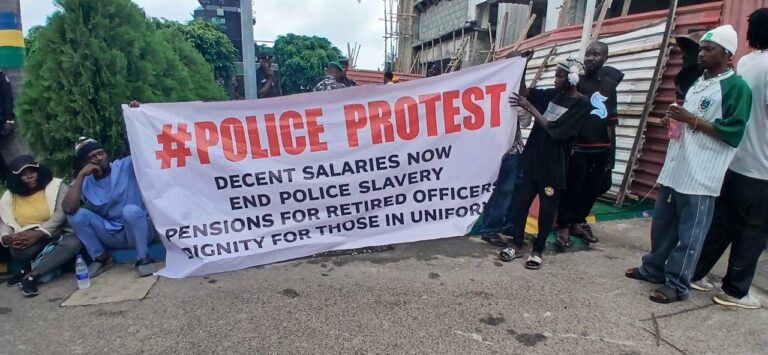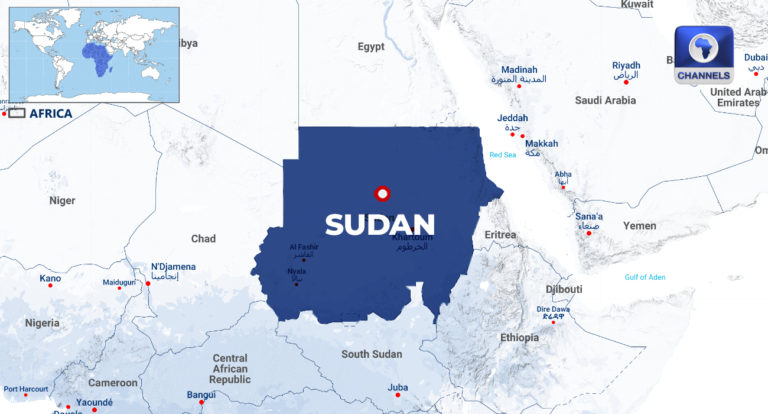A coalition of 169 humanitarian organisations has issued a strong appeal calling for an end to the current aid delivery mechanism in Gaza, accusing the Israeli government and its US-backed scheme of contributing to a deadly humanitarian crisis.
The joint statement, released on Monday, condemned the recently established Gaza Humanitarian Foundation (GHF) a distribution system created by Israel and supported by the United States as ineffective and dangerous. The groups urged a return to the United Nations-led aid coordination framework that was in place before March, when Israel intensified its blockade during stalled ceasefire negotiations with Hamas.
According to the statement, over 500 Palestinians have reportedly been killed and nearly 4,000 injured in less than a month while trying to access food and humanitarian supplies under the GHF system. Many deaths are attributed to chaos and Israeli military actions at aid distribution points.
“Starving civilians are being forced to risk their lives, walking long distances through active conflict zones, only to face disorder and gunfire near fenced distribution sites,” the NGOs said.
Before the war escalated, humanitarian efforts in Gaza were largely managed by UNRWA, the United Nations agency for Palestinian refugees, which had around 13,000 staff members working in the region.
However, Israel claims that UN-led operations allowed Hamas to influence or divert aid, prompting the decision to implement the GHF model. Israeli authorities insist the new system is designed to ensure aid reaches civilians and not militant groups.
Responding to recent allegations of military abuse at aid centres, the Israeli army denied claims reported by a local newspaper suggesting soldiers were instructed to fire on civilians. The military stated it is working to secure distribution routes and is reviewing any reported incidents involving harm to non-combatants.
Despite these reassurances, global aid agencies remain united in their demand: lift the blockade, restore the UN’s role, and halt what they describe as a “deadly and unsustainable” approach to humanitarian assistance.
The signatories of the statement include medical, development, hunger relief, and human rights groups from across Europe, the United States, and Israel.





